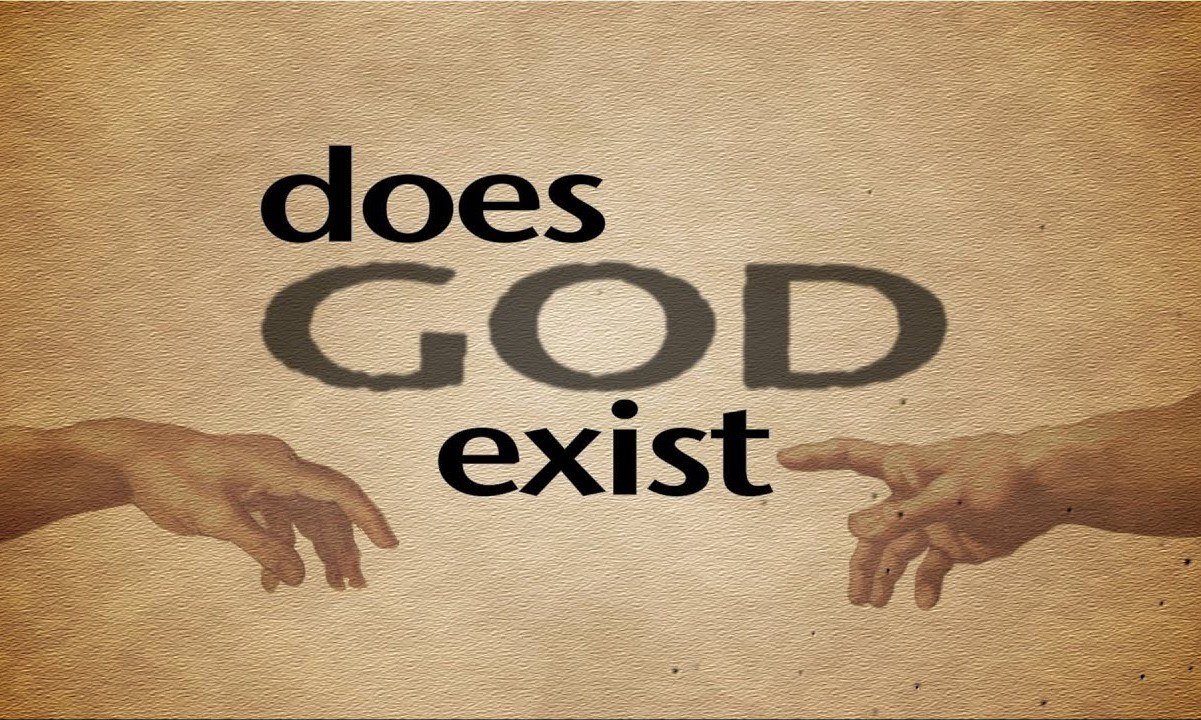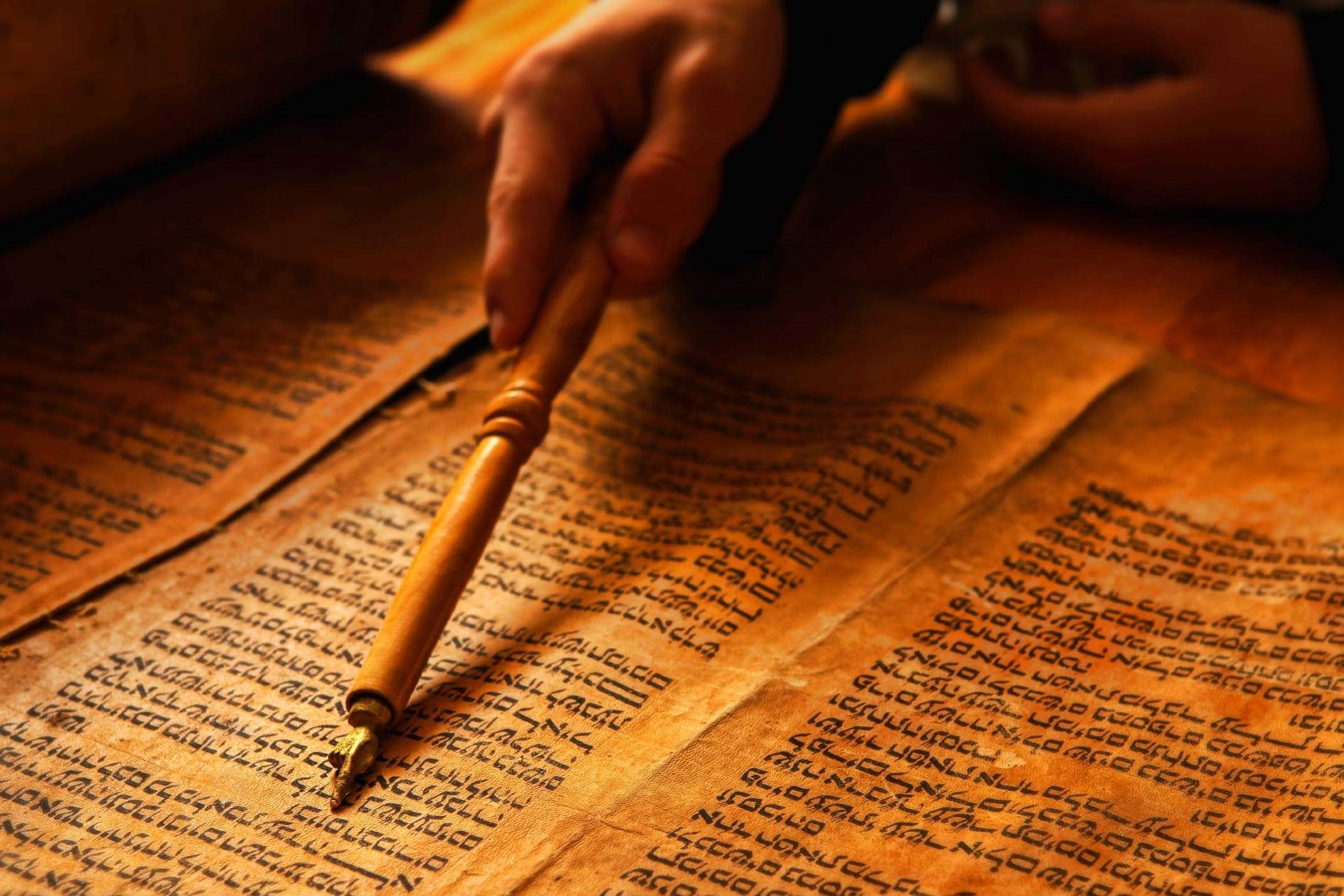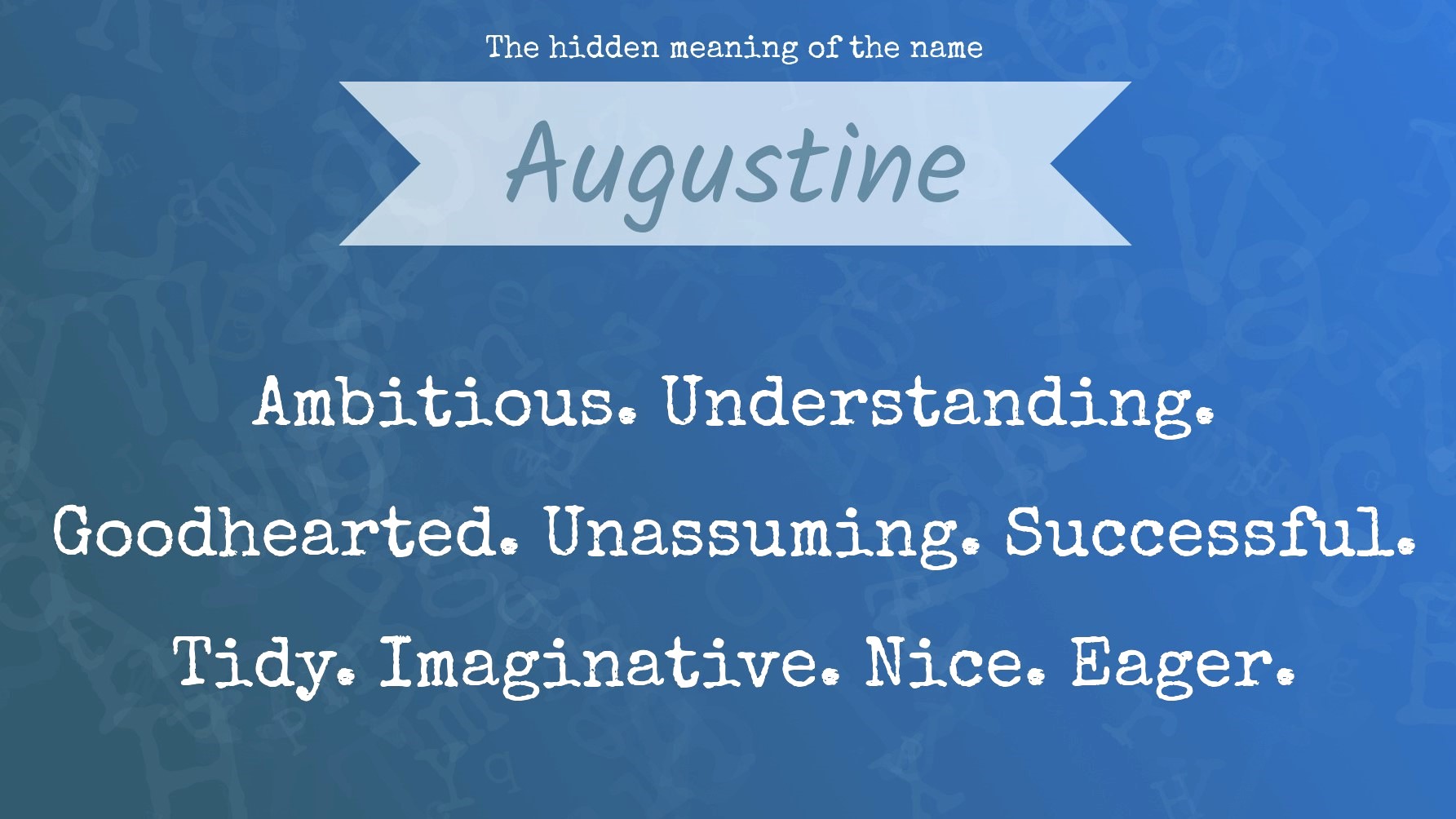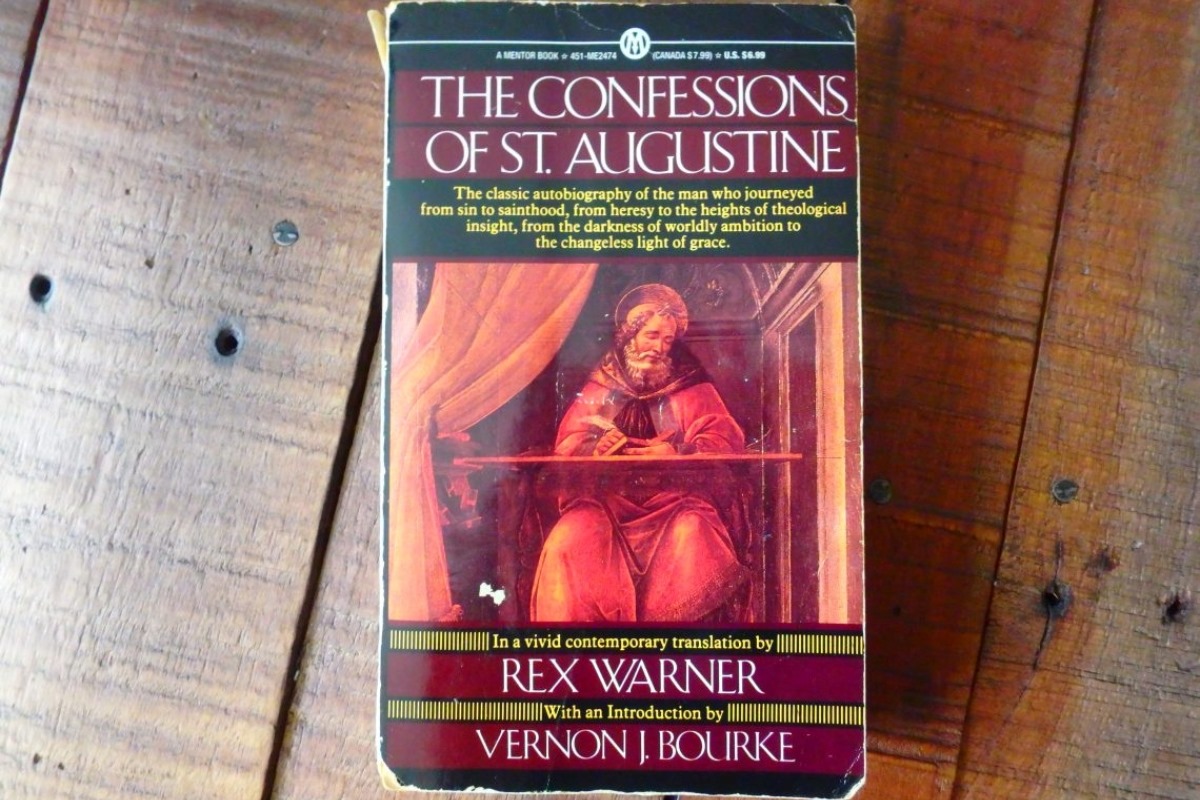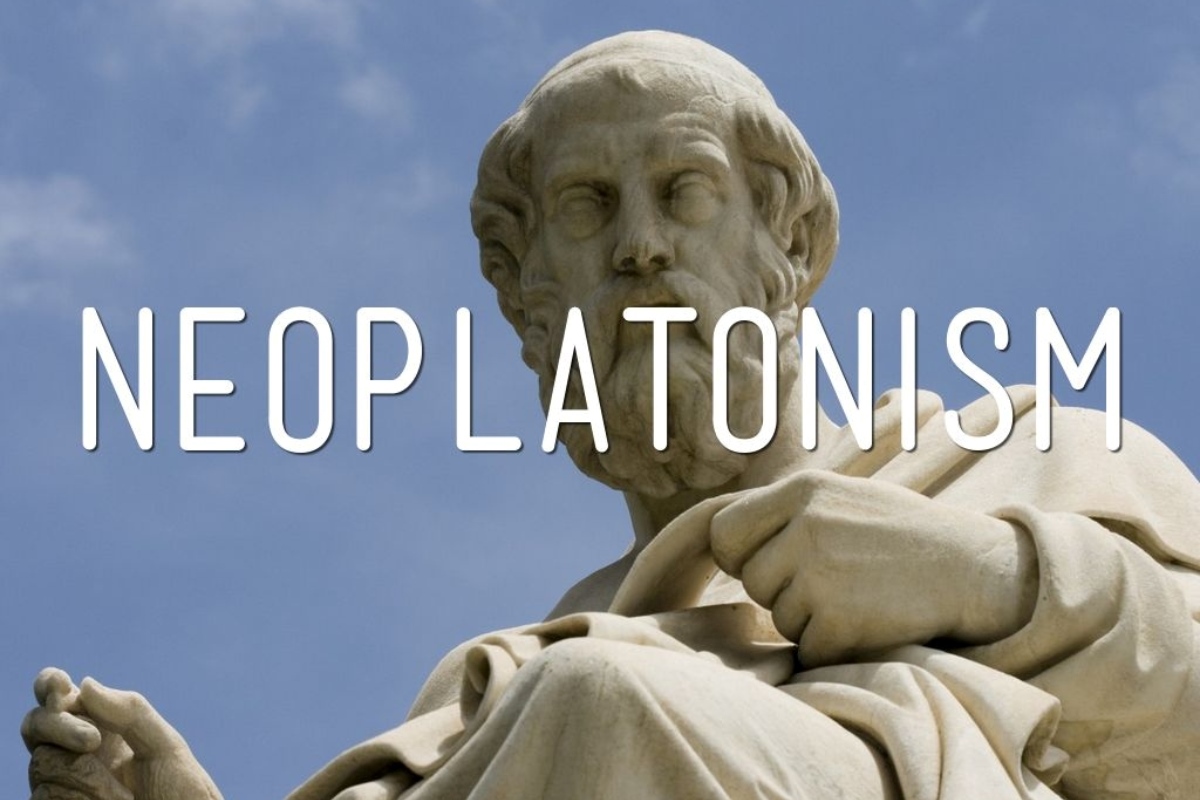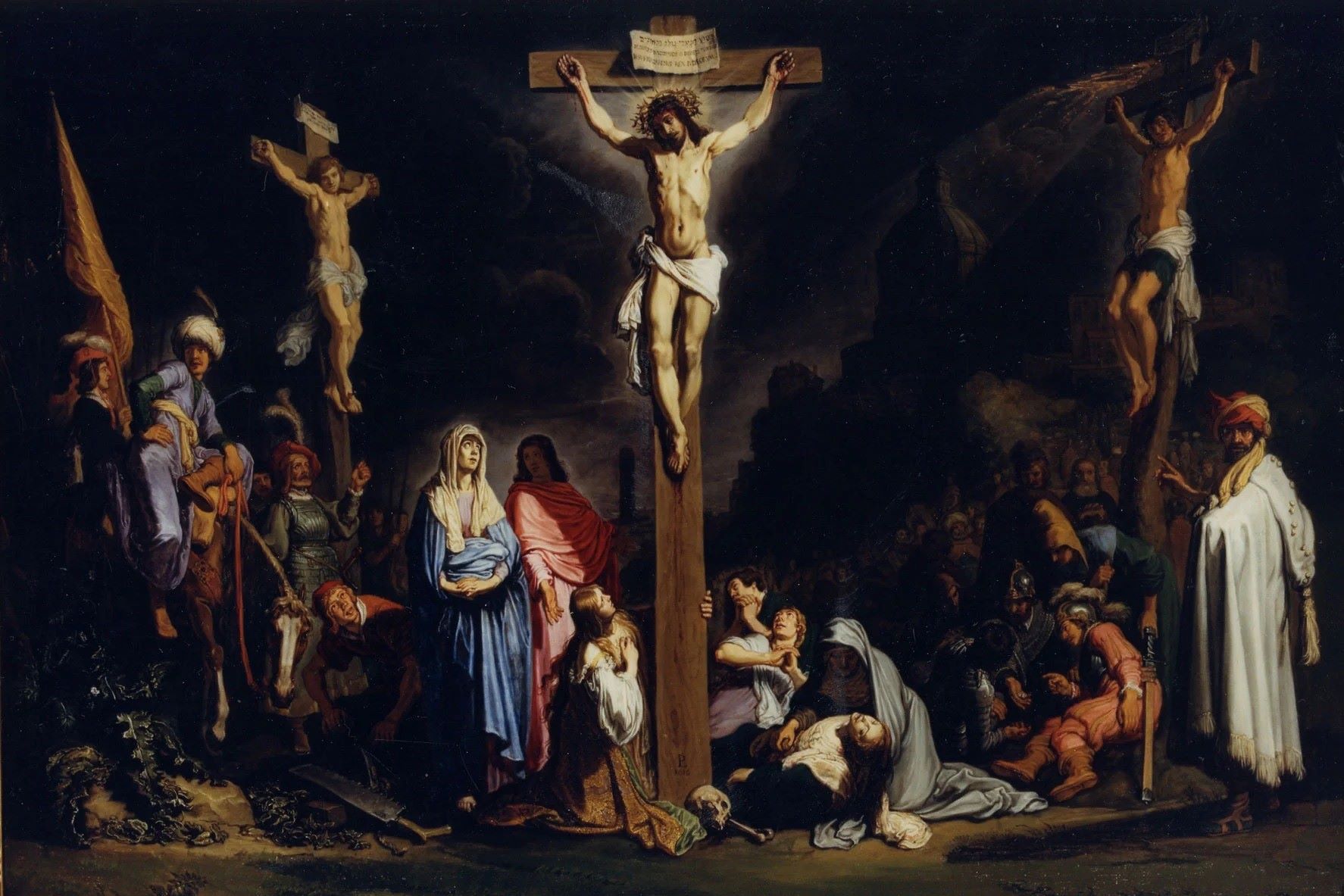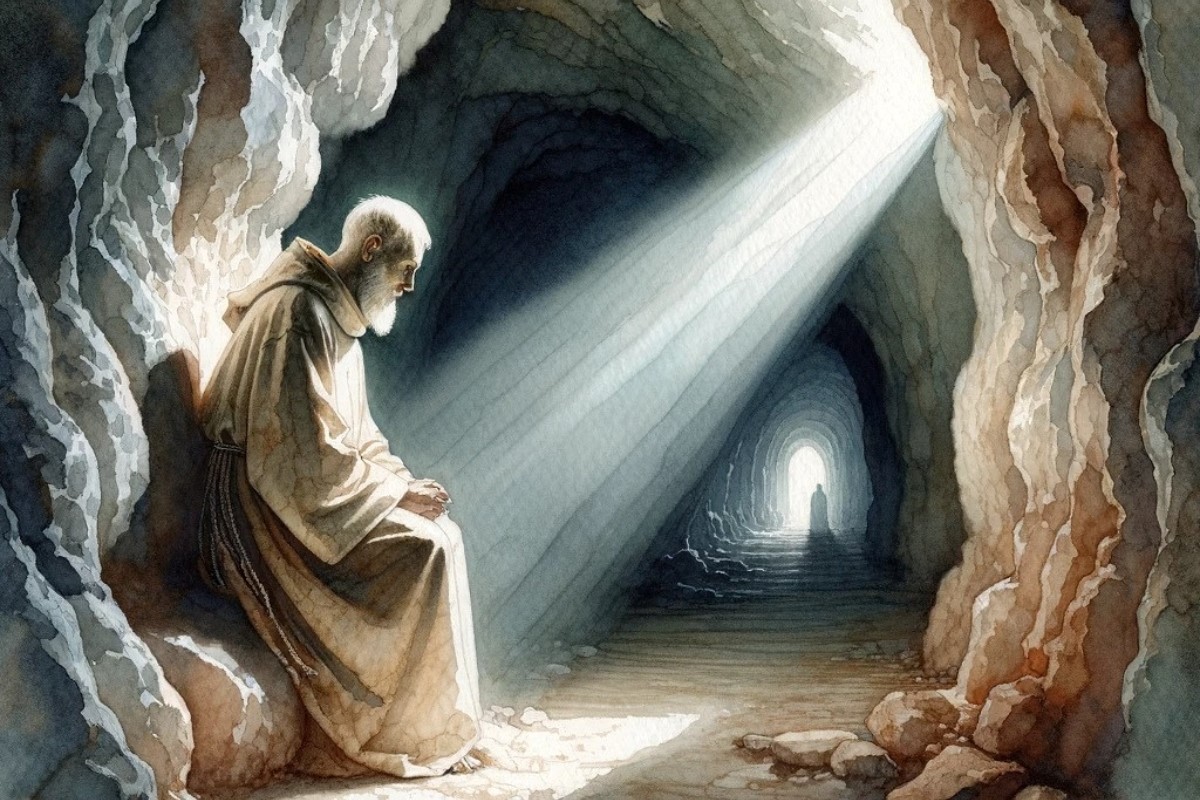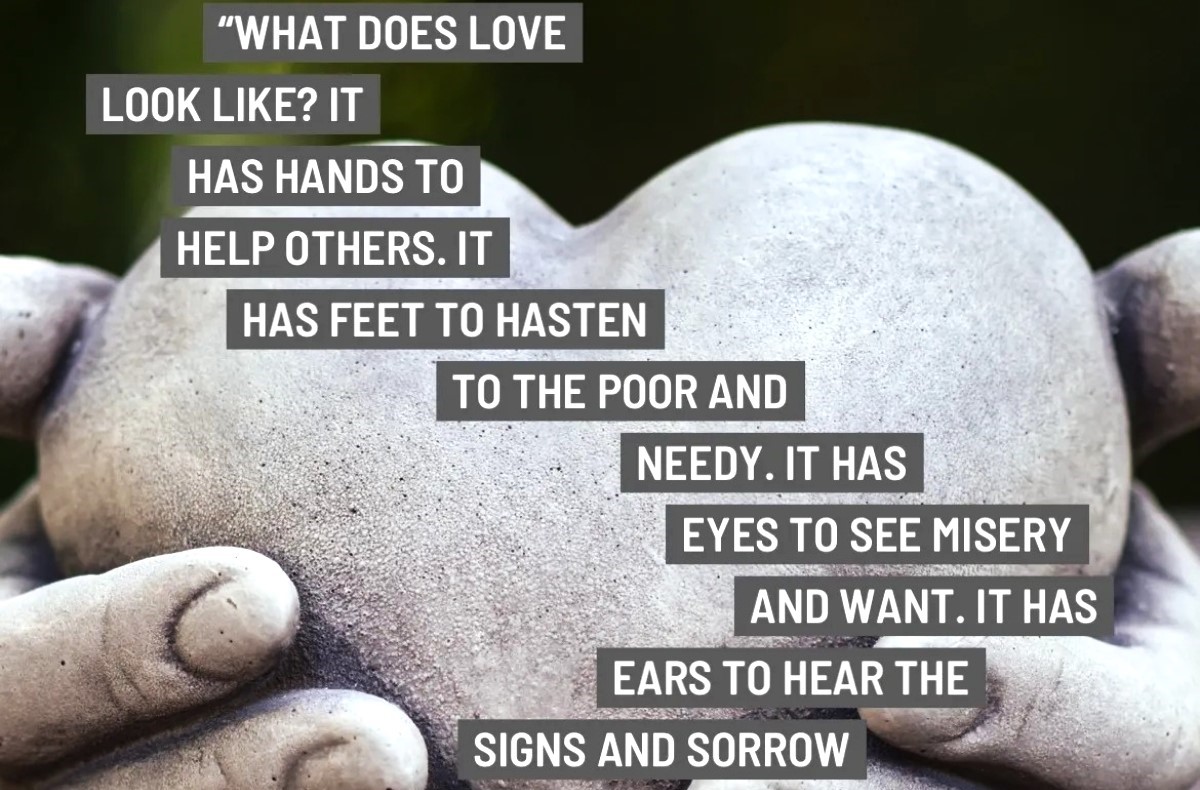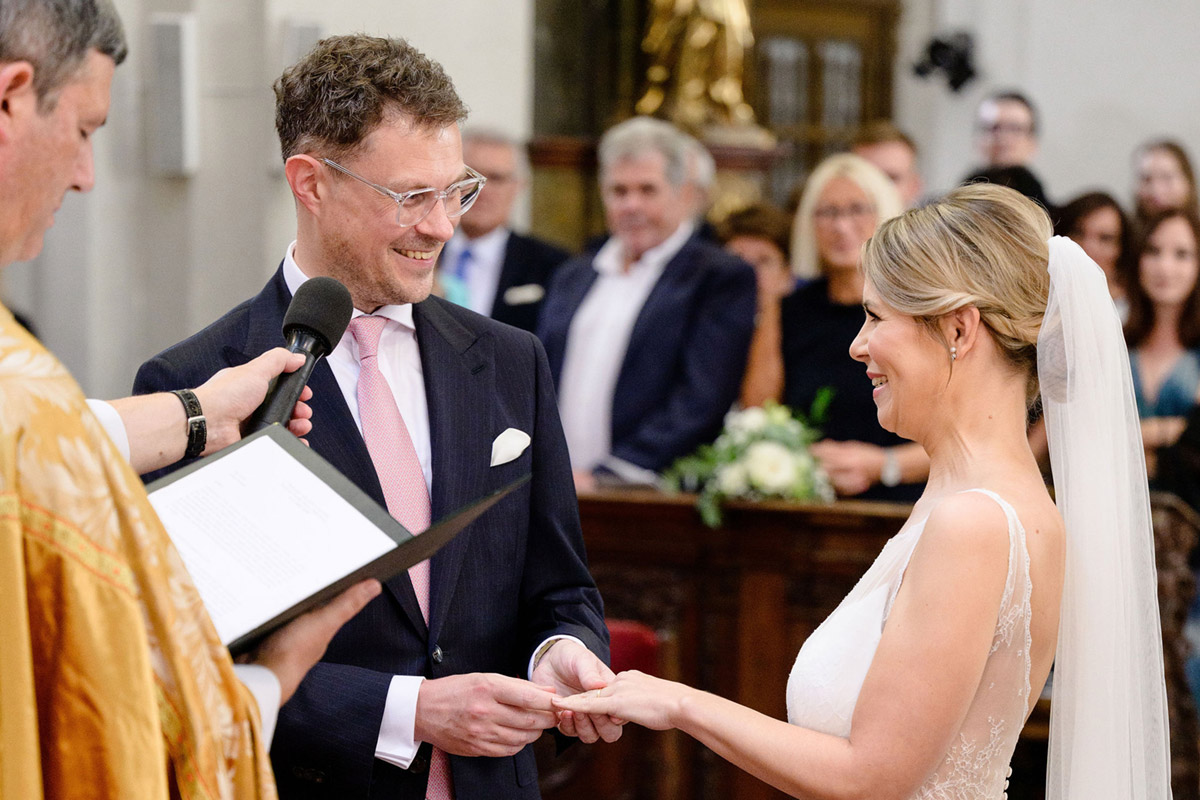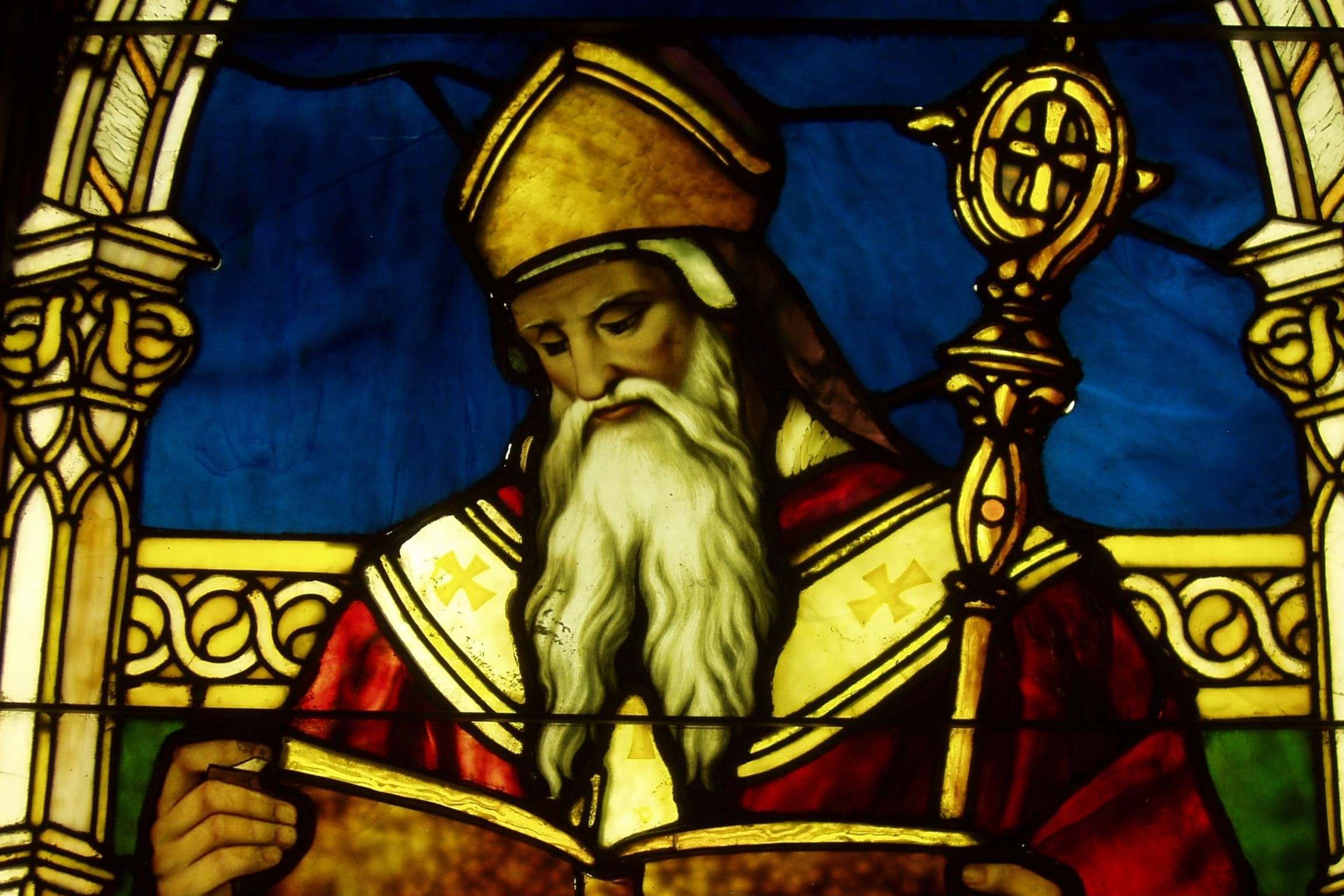Home>Theology and Spirituality>How Does Augustine Define Evil
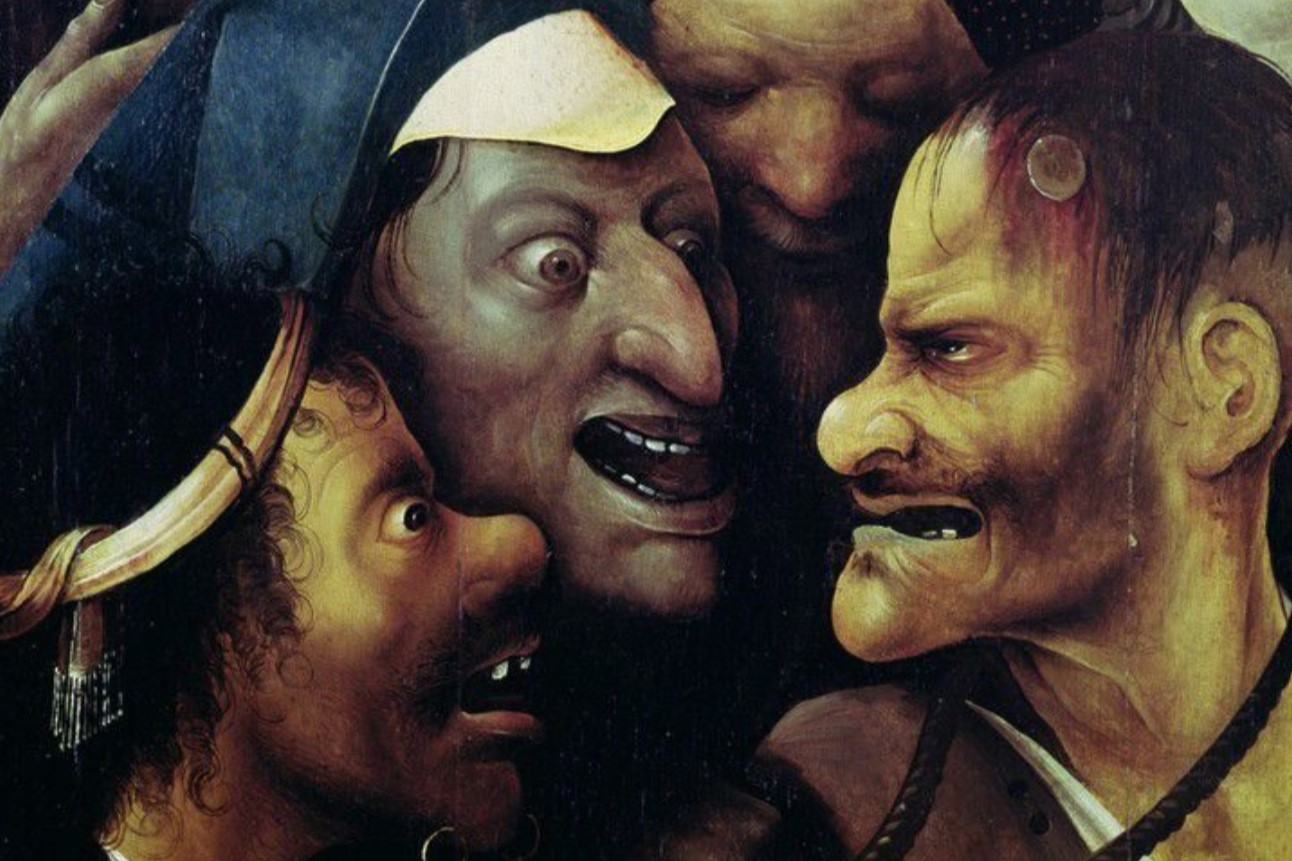

Theology and Spirituality
How Does Augustine Define Evil
Published: February 10, 2024
Peter Smith, Editorial Director at Christian.net, combines deep insights into faith, politics, and culture to lead content creation that resonates widely. Awarded for his contributions to religious discourse, he previously headed a major organization for religious communicators, enhancing dialogue on faith's societal impacts.
Discover Augustine's definition of evil and its implications in theology and spirituality. Explore the concept of evil through the lens of Augustine's teachings.
(Many of the links in this article redirect to a specific reviewed product. Your purchase of these products through affiliate links helps to generate commission for Christian.net, at no extra cost. Learn more)
Table of Contents
Introduction
Augustine of Hippo, a revered theologian and philosopher of the late Roman Empire, made profound contributions to the understanding of evil within the context of Christian theology. His insights continue to shape theological discourse and philosophical inquiries into the nature of evil. Augustine's exploration of evil is deeply rooted in his theological framework, which emphasizes the omnipotence and benevolence of God, as well as the inherent moral agency of human beings.
In this article, we will delve into Augustine's definition of evil, the pivotal role of free will in his understanding of evil, and the complex issue of evil within the framework of his theodicy. By examining Augustine's profound insights, we can gain a deeper understanding of the nature of evil and its implications within the Christian theological tradition. Let us embark on a journey to unravel the profound wisdom of Augustine as we explore the intricate nature of evil and its place in the divine order.
Read more: How Does Augustine Define Sin
Augustine's Definition of Evil
Augustine's definition of evil is deeply rooted in his theological and philosophical inquiries, reflecting his profound understanding of the nature of evil within the context of Christian theology. Central to Augustine's definition is the concept of privation, wherein evil is not a substance or entity in itself, but rather the absence or deprivation of goodness. This understanding aligns with his broader theological framework, emphasizing the inherent goodness of God's creation and the subsequent distortion or absence of this goodness as the essence of evil.
In his seminal work, "Confessions," Augustine grapples with the nature of evil, acknowledging its enigmatic and elusive character. He posits that evil does not possess inherent existence but rather represents a deviation from the divine order. This departure from the inherent goodness of God's creation results in a state of moral and metaphysical disorder, manifesting as suffering, injustice, and moral transgression.
Furthermore, Augustine distinguishes between moral evil, which arises from the wrongful choices and actions of rational beings, and natural evil, encompassing the suffering and afflictions inherent in the natural world. This nuanced understanding underscores the pervasive nature of evil, encompassing both human agency and the inherent imperfections of the created order.
Augustine's definition of evil also encompasses the notion of the privation of good, wherein evil is not a substantive force but rather a distortion or absence of goodness. This conceptualization aligns with his broader theological framework, emphasizing the inherent goodness of God's creation and the subsequent distortion or absence of this goodness as the essence of evil.
In summary, Augustine's definition of evil as the privation of good, encompassing moral transgression, suffering, and the inherent disorder in the created order, reflects his profound theological insights and continues to shape theological discourse on the nature of evil. This nuanced understanding invites contemplation on the complexities of human existence and the enduring struggle to reconcile the presence of evil with the benevolence of a divine Creator.
The Role of Free Will in Augustine's Understanding of Evil
Central to Augustine's profound exploration of evil is the pivotal role of free will in shaping his theological understanding of moral agency and the nature of evil. Augustine's theological framework underscores the inherent moral agency endowed upon human beings, emphasizing the capacity for free will as a defining characteristic of human nature. Within this framework, the exercise of free will holds profound implications for the manifestation of evil within the human experience.
Augustine contends that God, in His benevolence, bestowed upon humanity the gift of free will, endowing individuals with the capacity to make moral choices and exercise agency in their actions. This divine gift of free will, while inherently good, also introduces the potential for moral deviation and the manifestation of evil. Augustine grapples with the paradox of free will, acknowledging its intrinsic goodness while recognizing the profound responsibility it entails.
The exercise of free will, according to Augustine, encompasses the capacity to choose between good and evil, thereby shaping the moral landscape of human existence. This pivotal role of free will underscores the profound moral agency entrusted to individuals, as their choices and actions bear significant consequences in the perpetuation or mitigation of evil within the world.
Furthermore, Augustine's understanding of free will intersects with his exploration of the nature of evil, particularly in the context of moral transgression. He contends that the misuse of free will, through the wrongful exercise of moral agency, engenders the manifestation of evil in the form of moral transgression and moral disorder. This nuanced understanding underscores the intricate relationship between free will and the moral fabric of human existence, wherein the exercise of agency holds profound implications for the perpetuation or alleviation of evil.
In summary, Augustine's theological exploration of free will as a defining aspect of human nature illuminates the complex interplay between moral agency and the manifestation of evil. The profound responsibility entrusted to individuals through the gift of free will underscores the intricate moral landscape of human existence, wherein the exercise of agency shapes the trajectory of moral choices and the enduring struggle to reconcile the presence of evil with the benevolence of a divine Creator.
The Problem of Evil in Augustine's Theodicy
Augustine's theodicy grapples with the profound theological conundrum posed by the existence of evil within the context of a benevolent and omnipotent God. This enduring philosophical and theological dilemma, often referred to as the problem of evil, has been a focal point of inquiry for theologians and philosophers throughout history. Within Augustine's theodicy, the problem of evil emerges as a central theme, prompting a profound exploration of the nature of evil and its compatibility with the divine attributes of God.
Central to Augustine's theodicy is the assertion of God's omnipotence and benevolence, emphasizing the inherent goodness and sovereignty of the divine Creator. However, the pervasive presence of evil and suffering within the human experience presents a formidable challenge to this theological framework. Augustine grapples with the enigmatic coexistence of a benevolent and all-powerful God with the existence of moral transgression, suffering, and natural afflictions.
Augustine's theodicy seeks to reconcile the problem of evil within the broader context of divine providence and the inherent limitations of human understanding. He posits that the existence of evil does not stem from any deficiency in God's benevolence or power but rather from the inherent moral agency endowed upon human beings. Within this framework, the misuse of free will and the subsequent manifestation of evil represent a departure from the divine order, rather than a reflection of any inherent imperfection within God's nature.
Furthermore, Augustine's theodicy emphasizes the redemptive narrative woven into the fabric of human existence, wherein the transformative power of divine grace and redemption offers a pathway towards the mitigation and ultimate transcendence of evil. This profound theological insight underscores Augustine's profound optimism regarding the ultimate triumph of goodness and the restoration of the created order, despite the pervasive presence of evil within the human experience.
In summary, Augustine's theodicy grapples with the profound theological implications of the problem of evil, seeking to reconcile the coexistence of a benevolent and omnipotent God with the pervasive presence of evil and suffering. His nuanced exploration underscores the intricate interplay between divine providence, human agency, and the redemptive narrative, offering profound insights into the enduring struggle to reconcile the presence of evil with the benevolence and sovereignty of a divine Creator.
Conclusion
In conclusion, Augustine's profound insights into the nature of evil continue to resonate within theological discourse, offering profound wisdom and theological depth. His definition of evil as the privation of good, encompassing moral transgression, suffering, and the inherent disorder in the created order, reflects his nuanced understanding of the complexities of human existence. Augustine's emphasis on the pivotal role of free will in shaping the moral landscape of human agency illuminates the profound responsibility entrusted to individuals in navigating the complexities of moral choices and actions.
Furthermore, Augustine's theodicy grapples with the enduring philosophical and theological dilemma posed by the problem of evil, seeking to reconcile the coexistence of a benevolent and omnipotent God with the pervasive presence of evil and suffering. His exploration underscores the intricate interplay between divine providence, human agency, and the redemptive narrative, offering profound insights into the enduring struggle to reconcile the presence of evil with the benevolence and sovereignty of a divine Creator.
As we reflect on Augustine's profound theological contributions, we are invited to contemplate the enduring relevance of his insights in navigating the complexities of human existence. The intricate interplay between moral agency, divine providence, and the enigmatic presence of evil continues to shape theological inquiry and philosophical discourse, offering profound avenues for contemplation and theological exploration.
Ultimately, Augustine's profound understanding of evil invites us to grapple with the complexities of human nature, the enigmatic presence of moral transgression, and the enduring quest for moral and metaphysical reconciliation. His insights continue to inspire theologians, philosophers, and seekers of wisdom, offering profound avenues for contemplation and theological exploration as we navigate the complexities of the human experience and the enduring quest for moral and metaphysical reconciliation.
